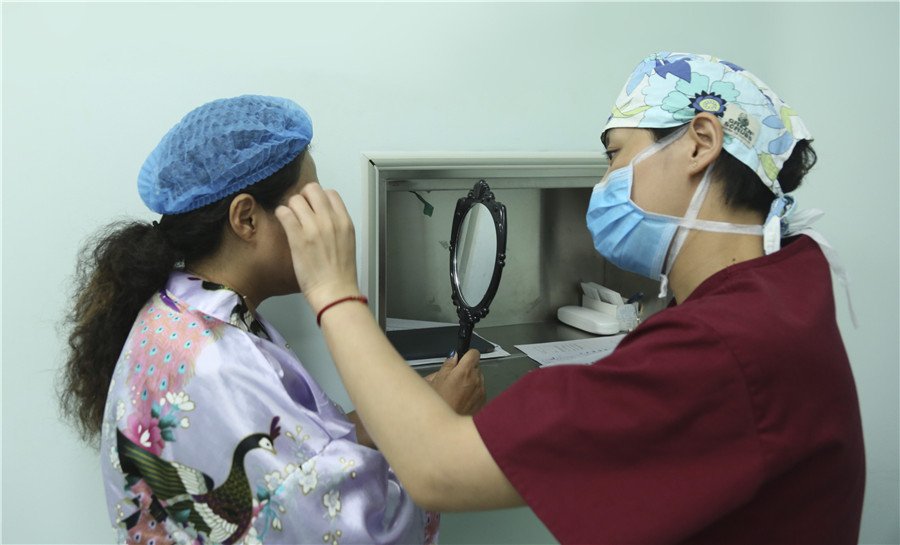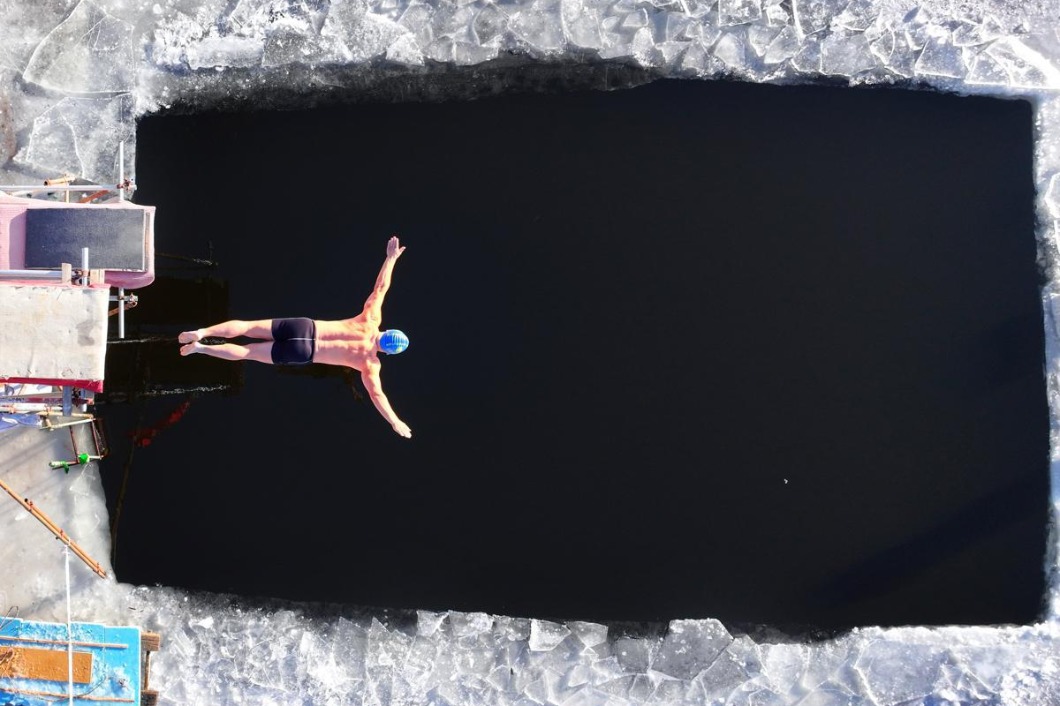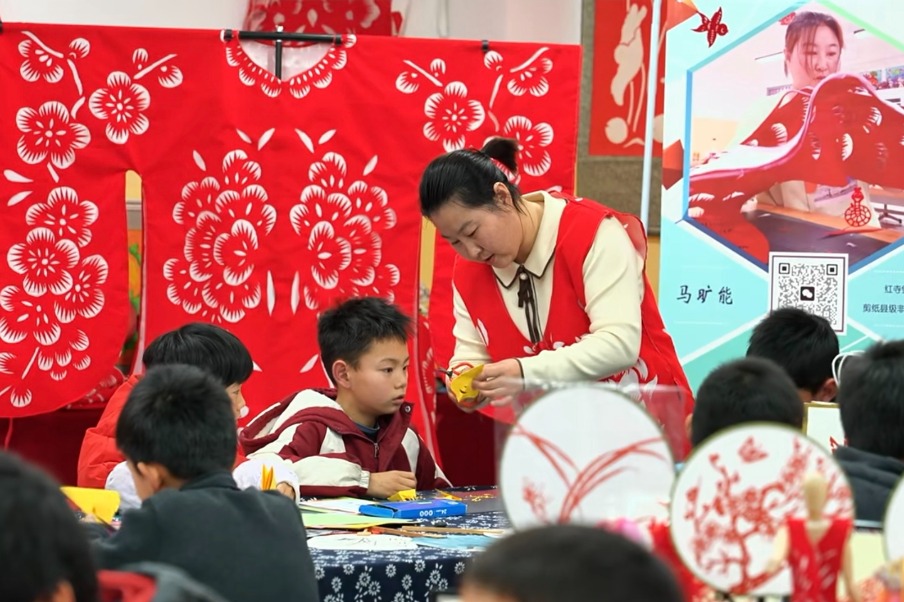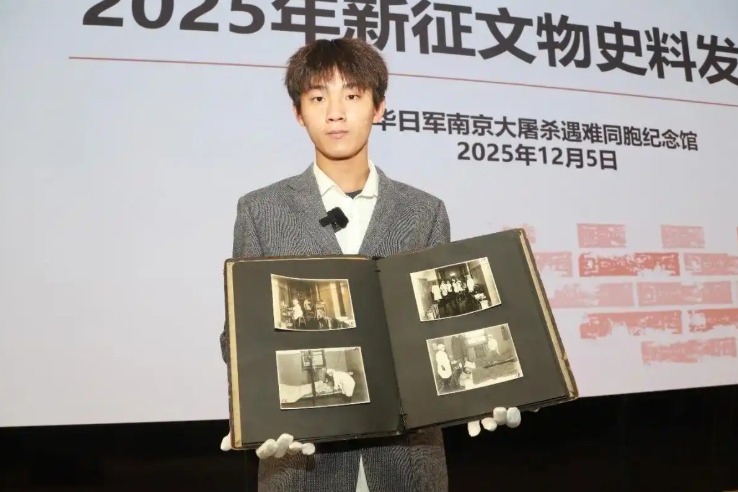Rules tidy up illegal facilities, but challenges crease beauty market


Yu Shasha, 26, a resident of Qingdao in Shandong province, travels three times a month to Beijing 645 km away for LED therapy and other skin treatments. Each round trip by train takes eight hours and costs 624 yuan ($91) in all. Yu thinks it is worth all the effort, given the benefits.
"You have to admit that finding an ideal clinic and physician is less easy in Qingdao. I don't want to take any risks, so I just stuck to the same physician since college."
Yu's concern is well-grounded. Surging demand for cosmetic procedures in China's smaller cities is driving the industry. But, the industry also faces challenges in the form of illegal practices, despite evolving regulations.
Wang Jun, deputy president of GengMei, a provider of online content on cosmetic procedures, said illegal cosmetic clinics are about four to five times more than that of legal ones in third- and fourth-tier cities.
Access to useful information is not easily available in such cities compared to metros, so consumers tend to make decisions based on hearsay, she said.
That is a contrast to first-tier cities where most consumers visit certificated facilities and physicians.
Consumers in big cities also proactively search for useful information on procedures, physicians, and prices before choosing a facility and a physician, she said.
According to an industry report, over 24 million illegal cosmetic surgeries were reported last year.
Cao Dequan, deputy head of the Chinese Association of Plastics and Aesthetics, said in an industry forum that sales of injection-based medicines through illegal channels were double or maybe triple that of sales through legal channels.
There are also cases of untrained practitioners who resort to injections of Botox or hyaluronic acid, which are nonsurgical yet still require medical expertise.
China has strict cosmetic procedure regulations and laws. The authorities concerned have cracked down on illegal practices time and again. Market demand, however, has increased so fast that those who want to make quick money just take advantage of unsuspecting or ignorant customers, Wang said.
A good thing is, as online cosmetic procedure platforms expand into medium-to-small cities, they also help improve information transparency across the whole industry.
Jin Xing, founder and CEO of Soyoung, an online shopping and information-sharing platform in the field of cosmetic procedures, said the firm already operates in 351 domestic and foreign cities, and is eyeing more second- and third-tier cities.
The company is hiring a large team of medical professionals to provide more comprehensive consulting services on cosmetic procedures, and will cooperate with certified facilities to improve online marketing and operations, and raise consumer awareness.
Wang of GengMei believes that when consumers become well-informed, prices will get more reasonable and market transparency will improve in smaller cities, just as it had happened in metros in the past.
Jin of Soyoung said the quality of services will improve when online platforms facilitate direct communication between practitioners and consumers.
- Former senior official of Ningxia sentenced to death
- Development program narrows urban-rural gap in Guangdong
- Wuxi Winter Bazaar creates cross-cultural gathering
- Expressway service area featuring a natural hot spring to open soon in Guangdong
- Former Ningxia political advisor sentenced to death for bribery
- Former senior official of Jiangxi expelled from CPC





































